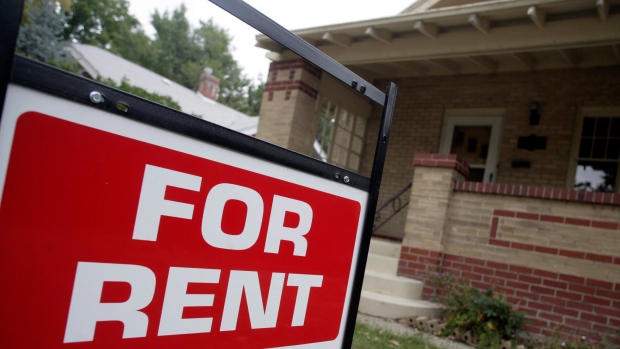
42% of Canadians renting part of their home don't tell insurer: Survey
BNN Bloomberg
The number of Canadians who rent out part of their home has seen a small uptick during the pandemic, and a new survey found that many homeowners who rent out aren’t telling their insurance company.
Only 47 per cent of respondents to a recent survey said they told their insurance company that they were renting out either a room or a floor of their house (including basements) to a tenant. Meanwhile, 42 per cent said they did not notify their insurance company, while 11 per cent said they either didn’t know or preferred not to answer.
You might think that renting out your basement or even a bedroom in your home can be a quick way to make money, especially if you’ve bought a home recently and are struggling to pay your huge monthly mortgage. But keeping that information away from your insurance company could be a very costly mistake.
Omitting any relevant details about your home, including whether you have tenants, can void your insurance policy. That leaves homeowners at risk. If your tenant, for instance, accidentally leaves the kitchen faucet running and floods your home, you could be on the hook to pay for those damages out of pocket.
Not only are some Canadians failing to inform their insurers of tenants, the survey also found that many are not even aware they have to. Of those who rent out part of their home, 24 per cent said that they did not know they had to update their insurance company that a tenant was living on the premises.
But Canadians with tenants are not the only group that could potentially be playing with fire when it comes to insurance. The survey found that eight per cent of Canadian homeowners have listed their home on a short-term rental website like Airbnb.
Hosting short-term rentals requires getting a special type of insurance in addition to homeowners’ policy, and not all insurance providers in Canada offer such coverage. The last thing you want as a homeowner is for your property to be used as a party pad, get trashed, and then you’re stuck footing the clean up and repair bill.
